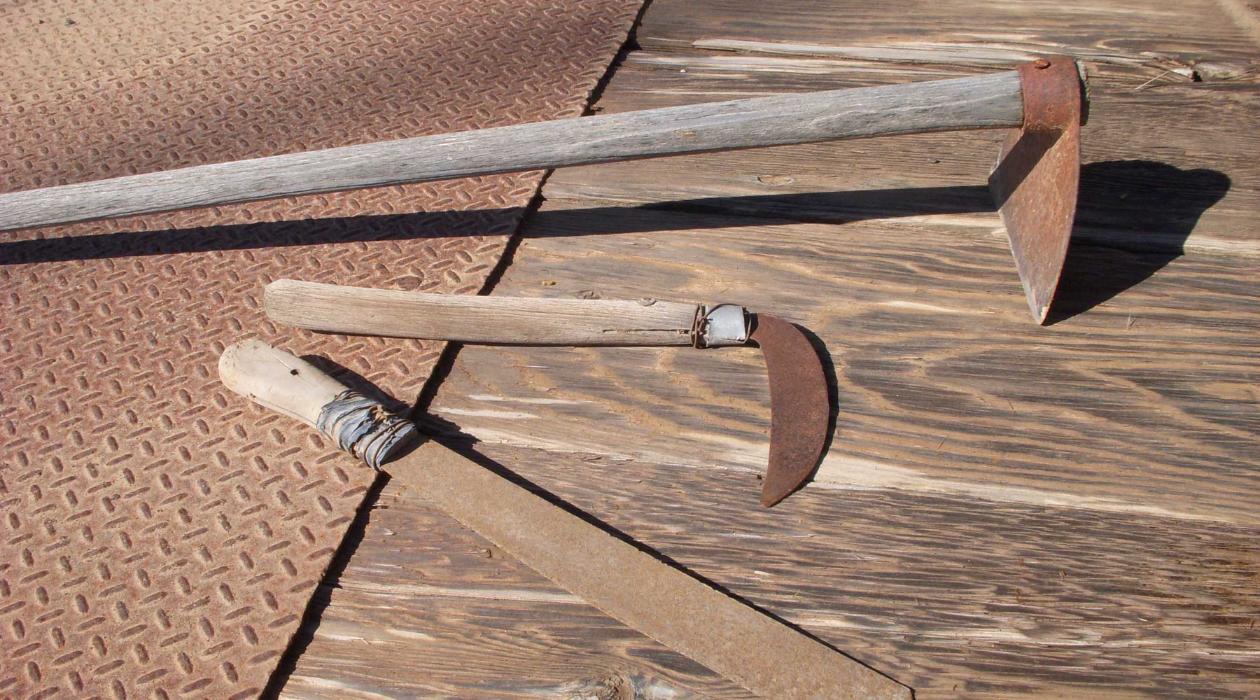

Articles
What Hand Tools Do Farmers Use
Modified: December 7, 2023
Discover the essential articles and hand tools that farmers rely on for their day-to-day tasks. Explore the must-have equipment for efficient farming practices.
(Many of the links in this article redirect to a specific reviewed product. Your purchase of these products through affiliate links helps to generate commission for Storables.com, at no extra cost. Learn more)
Introduction
Farming is a demanding and rewarding profession that requires a wide range of tools and equipment for success. While tractors and machinery are essential for large-scale farming operations, hand tools remain a crucial part of every farmer’s arsenal. These versatile tools allow farmers to perform a variety of tasks with precision and efficiency. From tilling the soil to planting and harvesting crops, hand tools are indispensable for farmers of all kinds.
In this article, we will explore the basic hand tools that farmers use on a regular basis, as well as the specialized tools that are designed for specific agricultural tasks. We will also discuss the hand tools used for irrigation, as water management is a vital aspect of farming. So, let’s dive in and discover the essential hand tools that help farmers cultivate and nurture their land.
Key Takeaways:
- Hand tools are essential for farmers, providing precision and efficiency in tasks like planting, pruning, and irrigation. They offer simplicity, reliability, and a human touch to the farming process.
- Specialized hand tools cater to unique agricultural needs, ensuring efficient operations and successful cultivation. From seed planters to grafting tools, these instruments contribute to the overall productivity of the farm.
Read more: What Do You Use To Clean Snap-On Hand Tools
Basic Hand Tools for Farmers
When it comes to basic hand tools for farmers, there are several essential tools that are commonly used for various tasks. Let’s take a closer look at each of these tools:
- Shovel: A shovel is a versatile tool that is used for digging, lifting, and moving soil. It’s an indispensable tool for tasks such as planting, transplanting, and creating furrows for irrigation.
- Hoe: The hoe is a long-handled tool with a flat chopping blade on one end. It is primarily used for breaking up soil, weeding, and cultivating the land. Hoes come in different shapes and sizes, each designed for specific tasks.
- Rake: A rake is a tool with a long handle and a series of tines or teeth. It is used for gathering leaves, debris, and loose soil. Rakes are essential for preparing the soil for planting by leveling and smoothing the surface.
- Pruners: Pruners, also known as pruning shears or secateurs, are used for trimming and cutting branches, stems, and foliage. They are essential for pruning fruit trees, shrubs, and vines to maintain their health and shape.
- Spade: A spade is a digging tool with a flat, rectangular blade and a long handle. It is ideal for digging planting holes, edging beds, and transplanting small plants. The sharp, pointed blade makes it easier to penetrate the soil.
- Trowel: A trowel is a small handheld tool with a curved blade, commonly used for digging small holes, transplanting seedlings, and scooping soil. It is an indispensable tool for precise gardening tasks.
- Garden Fork: A garden fork is a sturdy tool with several pointed tines or prongs. It is used for loosening and aerating compacted soil, lifting and turning over soil, and removing weeds with their roots intact.
These basic hand tools are essential for every farmer or gardener. They make it easier to perform various tasks with precision and efficiency, ensuring successful cultivation and maintenance of the land.
Specialized Hand Tools for Farmers
In addition to the basic hand tools, farmers also rely on specialized tools that are designed for specific agricultural tasks. These tools are tailored to meet the unique needs of farmers and ensure efficient and effective operations. Let’s explore some of these specialized hand tools:
- Seed Planter: A seed planter is a handheld tool that allows farmers to sow seeds with precision and uniformity. It ensures proper spacing and depth, making the planting process more efficient and ensuring optimal germination rates.
- Weed Puller: A weed puller, also known as a weed remover or weeder, is a tool designed to remove weeds from the ground. It has a long handle and a sharp, claw-like design that enables farmers to extract weeds, including their roots, without excessive bending or damaging surrounding plants.
- Hand Pruners: While pruners were mentioned earlier as a basic hand tool, specialized hand pruners are designed specifically for certain crops or tasks. For example, grape pruners have a unique shape that allows farmers to prune grapevines with precision, while bypass pruners are ideal for delicate pruning tasks on fruit trees and ornamental plants.
- Harvest Knife: A harvest knife, also called a harvesting sickle or scythe, is a sharp, curved blade attached to a handle. It is used for harvesting fruits, vegetables, and grains. The curved blade facilitates easy and efficient cutting, allowing farmers to swiftly collect their crops.
- Soil Knife: A soil knife, also known as a gardening knife or hori-hori, is a versatile tool that combines the functions of a knife and a trowel. It has a serrated edge for cutting through tough roots and a pointed tip for digging, dividing plants, and transplanting. The soil knife is a must-have tool for precision gardening tasks.
- Grafting Tool: Grafting is a horticultural technique that involves joining two different plants together to create new varieties with desirable traits. A grafting tool, also called a grafting knife or blade, is designed for precise cutting and shaping of plant material during the grafting process. It ensures clean and accurate cuts, promoting successful grafting outcomes.
These specialized hand tools provide farmers with the ability to perform specific tasks with efficiency and accuracy. They are invaluable assets that contribute to the success of agricultural operations and the overall productivity of the farm.
When using hand tools on the farm, always make sure to clean and properly maintain them to ensure they function effectively and last longer. Regularly sharpen blades and oil moving parts to prevent rust and wear.
Hand Tools for Irrigation
Irrigation is a crucial aspect of farming as it ensures plants receive the necessary water they need for growth and development. While irrigation systems such as sprinklers and drip systems are commonly used, there are also several hand tools that are essential for manual watering and irrigation. Let’s explore some of these hand tools:
- Watering Can: The watering can is a classic and versatile tool for watering plants. It has a capacity to hold water and a spout for controlled pouring. With a watering can, farmers can easily target the root zone of plants without wetting the entire surface. It’s perfect for delicate seedlings and potted plants.
- Hose and Sprinkler: A garden hose with a sprinkler attachment is a common tool for large-scale irrigation. It allows farmers to cover a larger area with uniform water distribution. The sprinkler attachment can be adjusted according to the desired water flow and coverage pattern, making it suitable for various crop types and field sizes.
- Hand Sprayer: A handheld sprayer, also known as a mister or spray bottle, is ideal for precise and targeted watering. It is commonly used for greenhouse gardening, indoor plants, or areas where a smaller amount of water is required. Hand sprayers are also useful for applying foliar fertilizers or pesticides to plants.
These hand tools for irrigation provide farmers with flexibility and control over the watering process. They allow farmers to adapt to different watering needs of various crops and ensure plants receive adequate moisture for healthy growth and development.
Conclusion
Hand tools play a critical role in the day-to-day operations of farmers. From preparing the soil to planting, cultivating, and irrigating crops, these tools are essential for maintaining healthy and productive farms. The basic hand tools such as shovels, hoes, rakes, pruners, spades, trowels, and garden forks allow farmers to perform a wide range of tasks with precision and efficiency.
In addition to the basic tools, farmers also rely on specialized hand tools for specific agricultural tasks. Tools like seed planters, weed pullers, hand pruners, harvest knives, soil knives, and grafting tools are designed to meet the unique needs of farmers and ensure successful cultivation and maintenance of various crops.
Water management is also crucial in farming, and hand tools for irrigation play a significant role in ensuring that crops receive sufficient water. Watering cans, hoses with sprinklers, and hand sprayers provide farmers with the flexibility and control to water plants effectively, keeping them hydrated and healthy.
While mechanization has revolutionized modern agriculture, the importance of hand tools cannot be overstated. They offer simplicity, reliability, and a human touch to the farming process. By wielding these tools, farmers can work closely with the land, connecting with the soil and plants that they nurture.
In conclusion, hand tools are indispensable companions for farmers. Whether it’s tilling the soil, planting seeds, pruning, harvesting, or watering, these tools enable farmers to carry out their work with precision and care. Their dedication and expertise, combined with the use of appropriate hand tools, contribute to the success and sustainability of agricultural practices around the world.
Frequently Asked Questions about What Hand Tools Do Farmers Use
Was this page helpful?
At Storables.com, we guarantee accurate and reliable information. Our content, validated by Expert Board Contributors, is crafted following stringent Editorial Policies. We're committed to providing you with well-researched, expert-backed insights for all your informational needs.
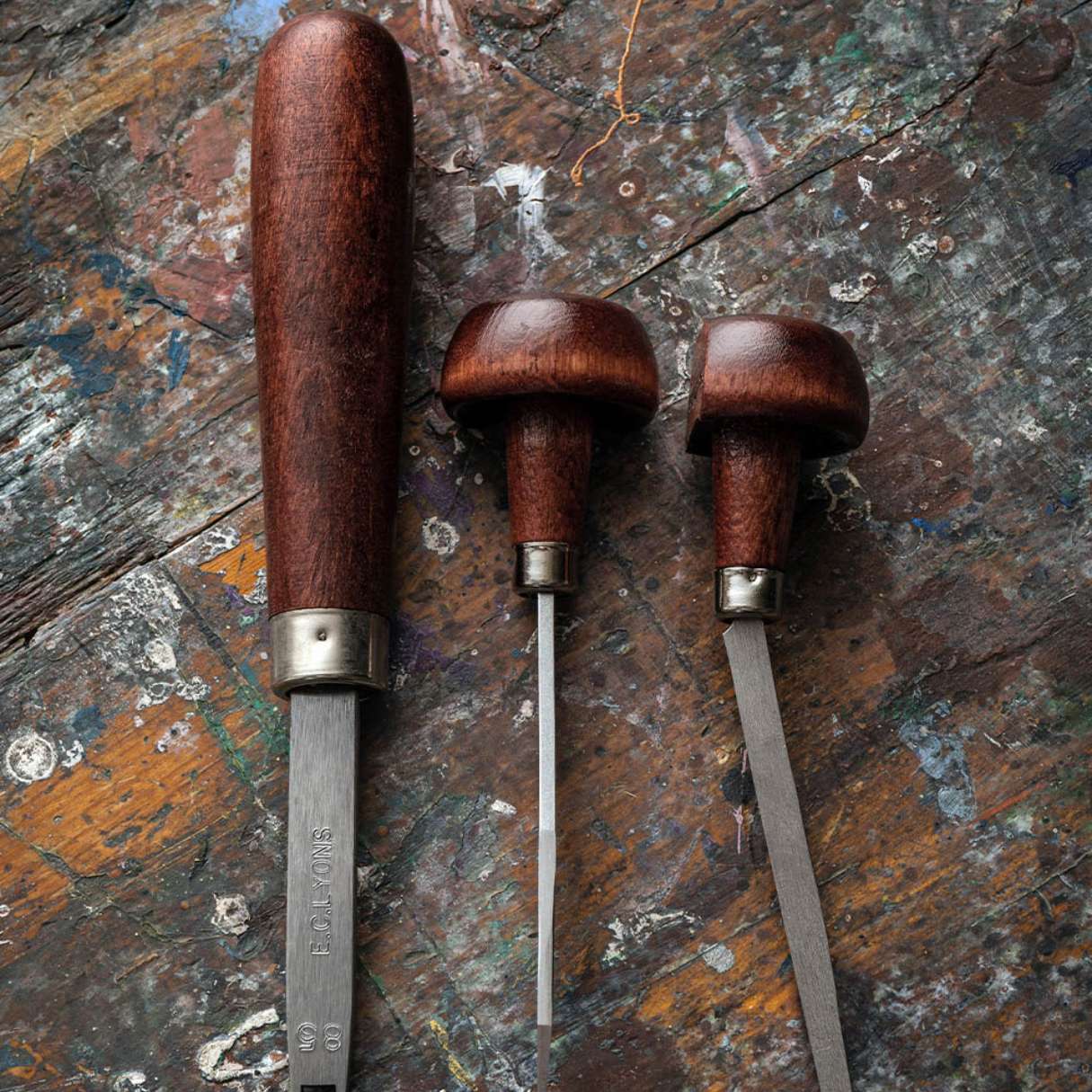
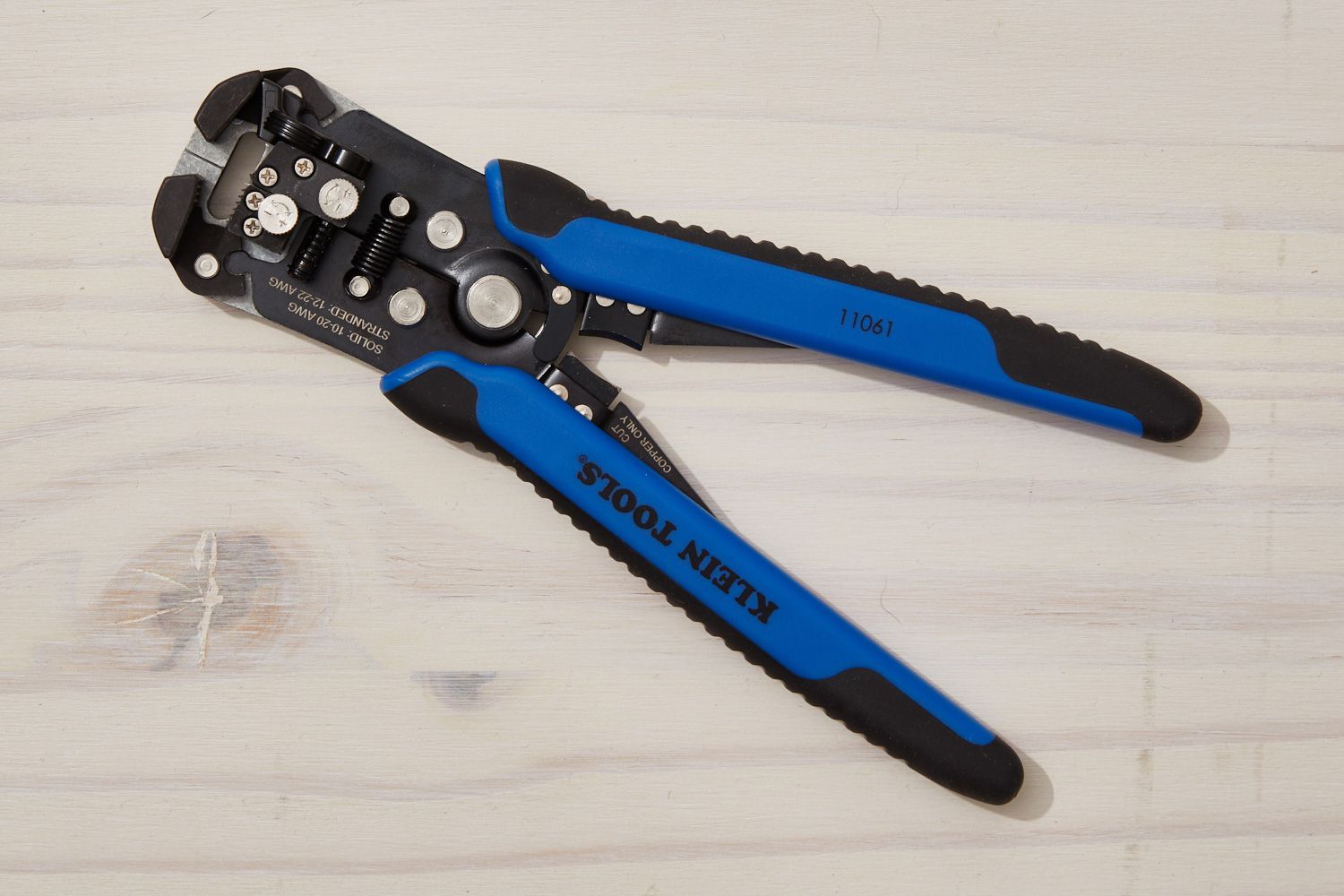
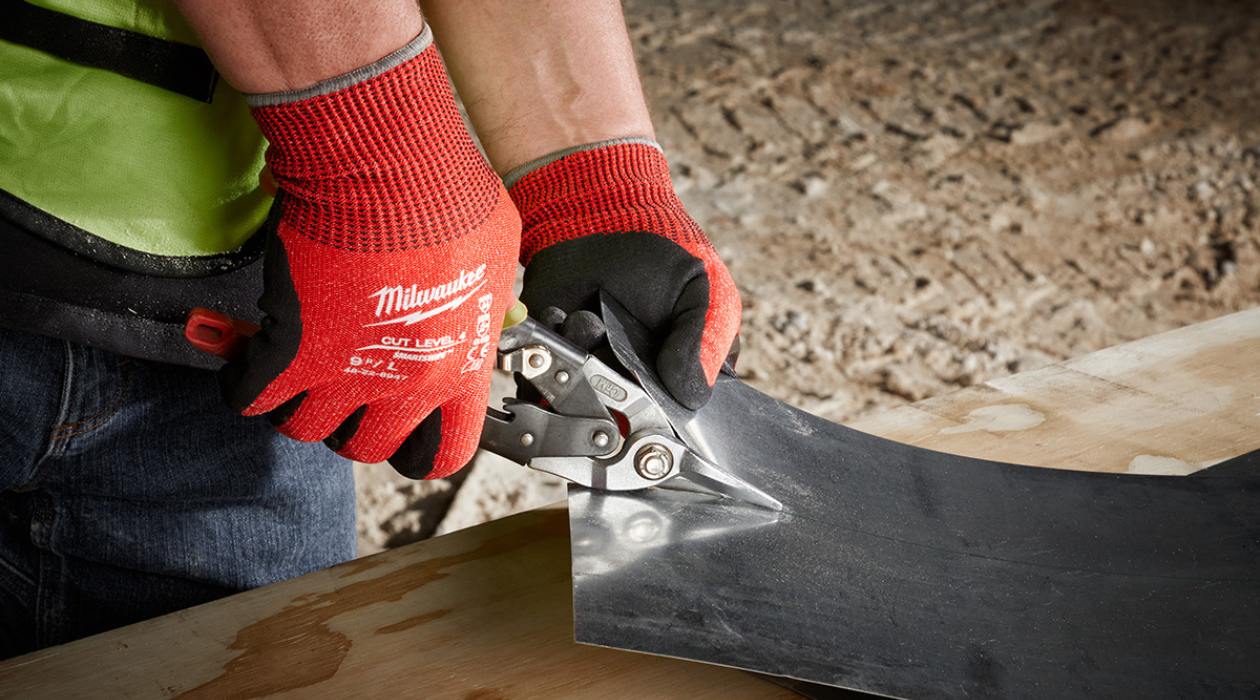
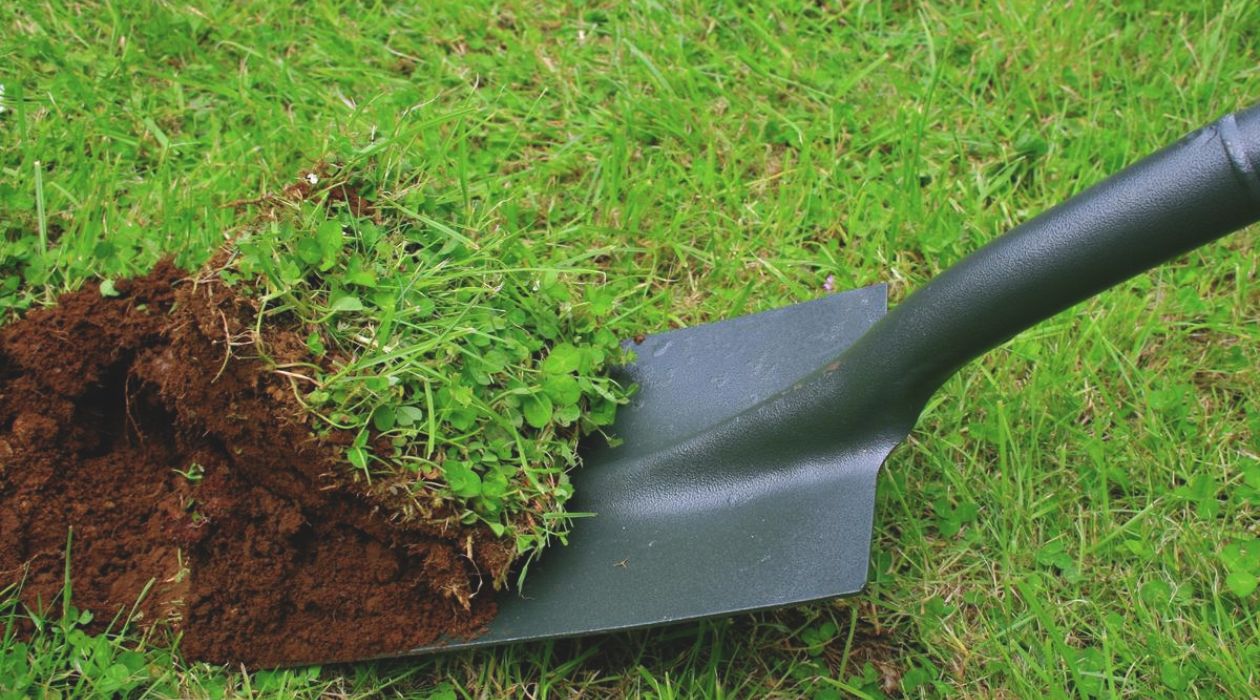
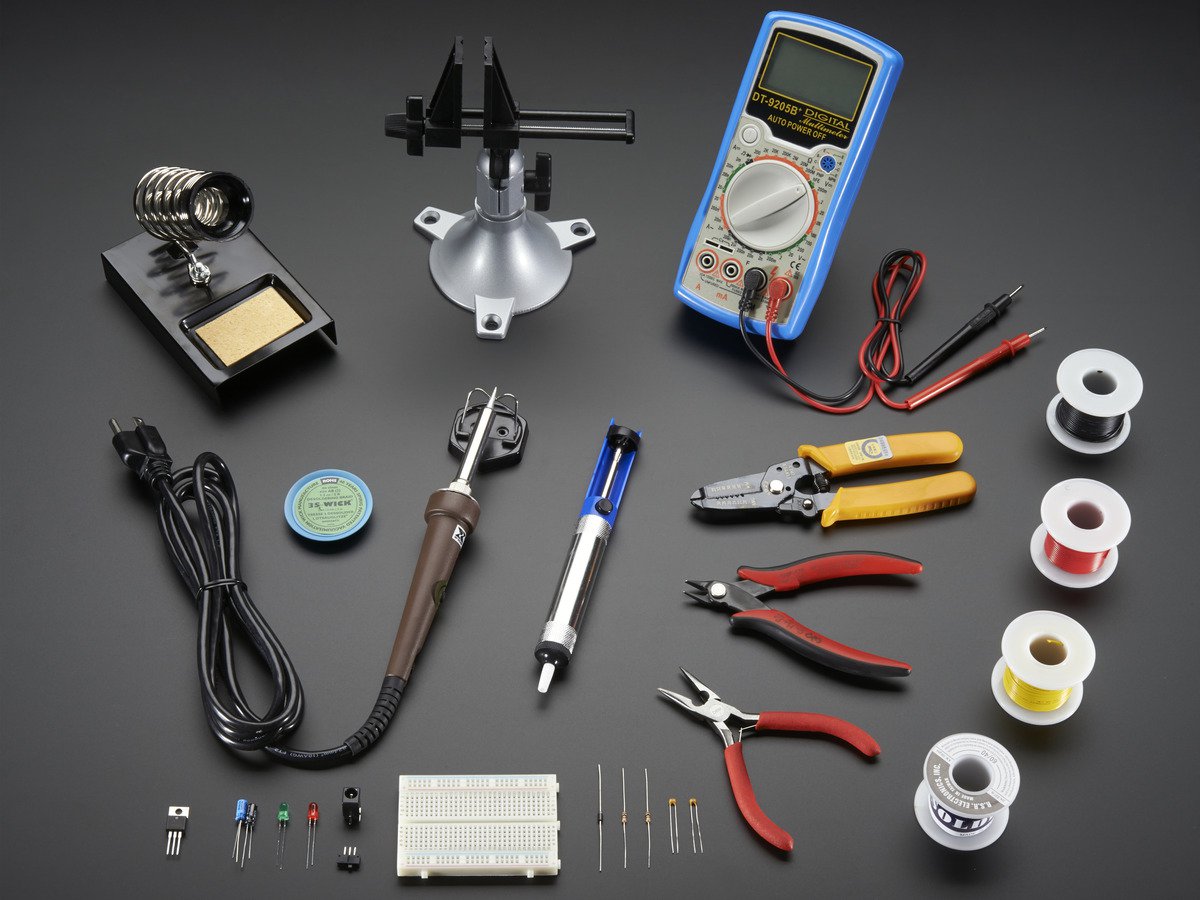
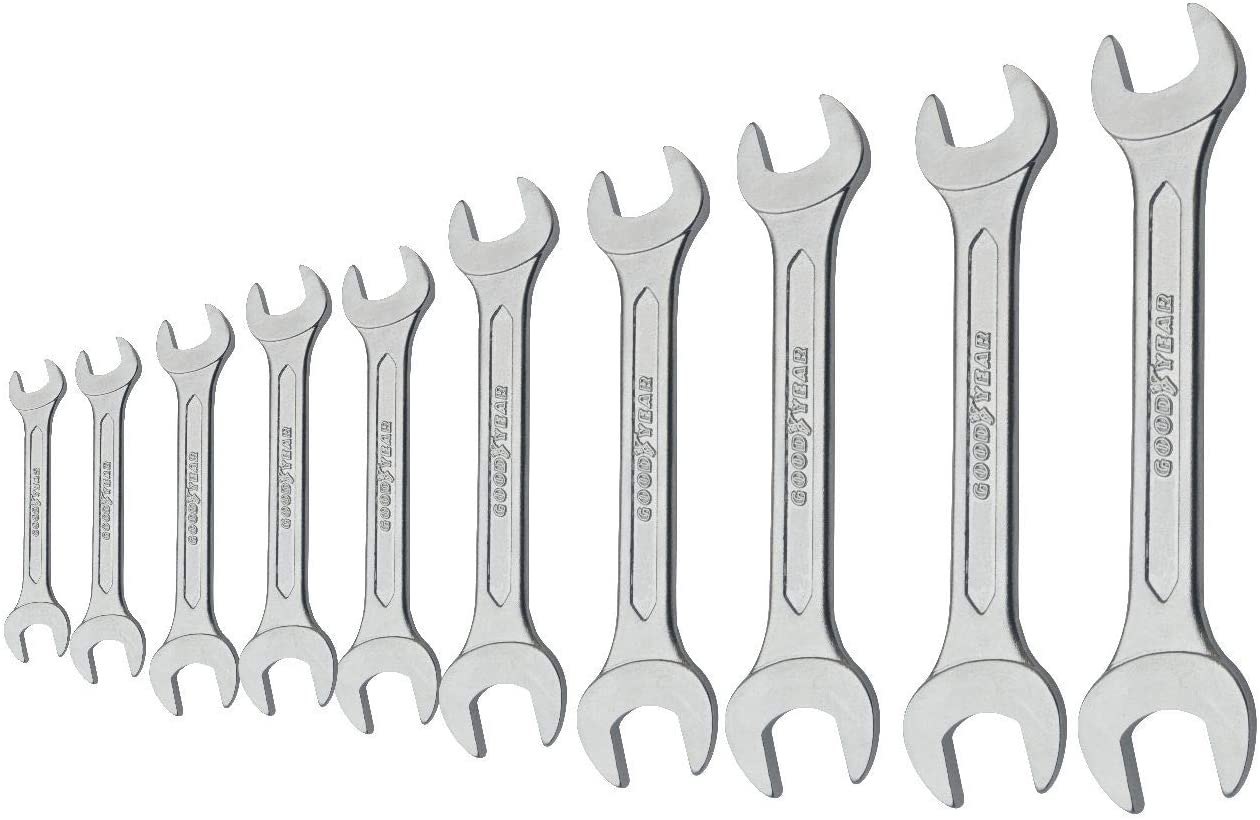
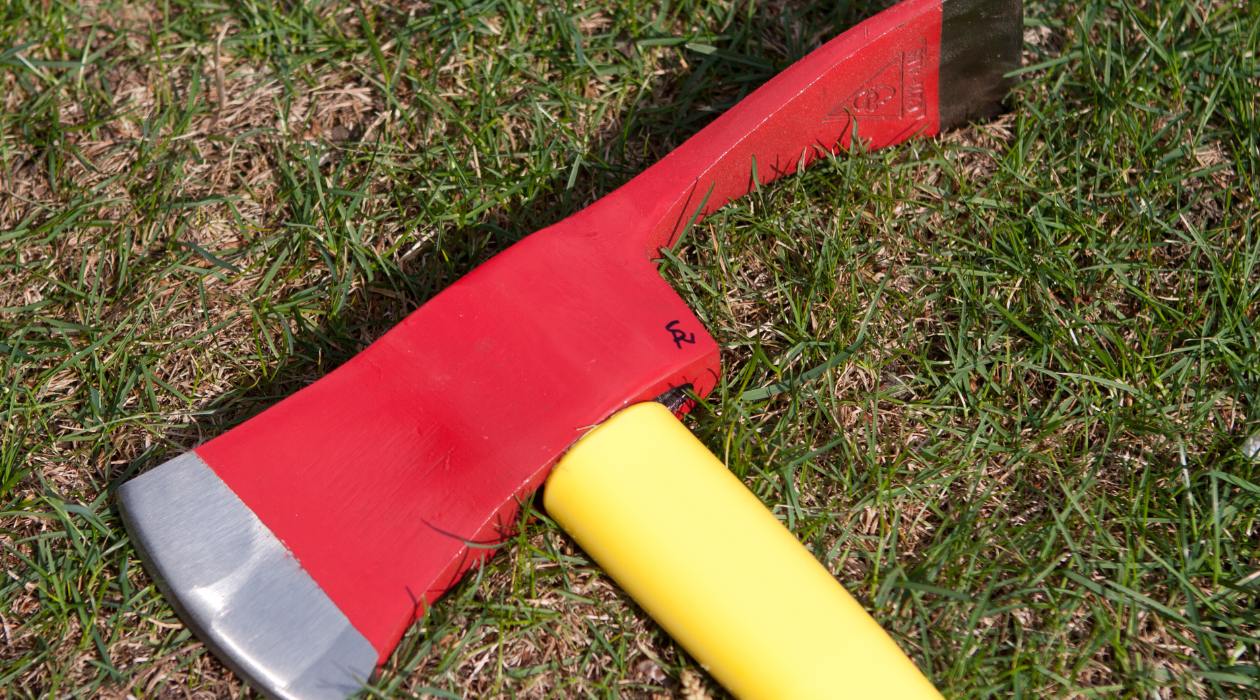
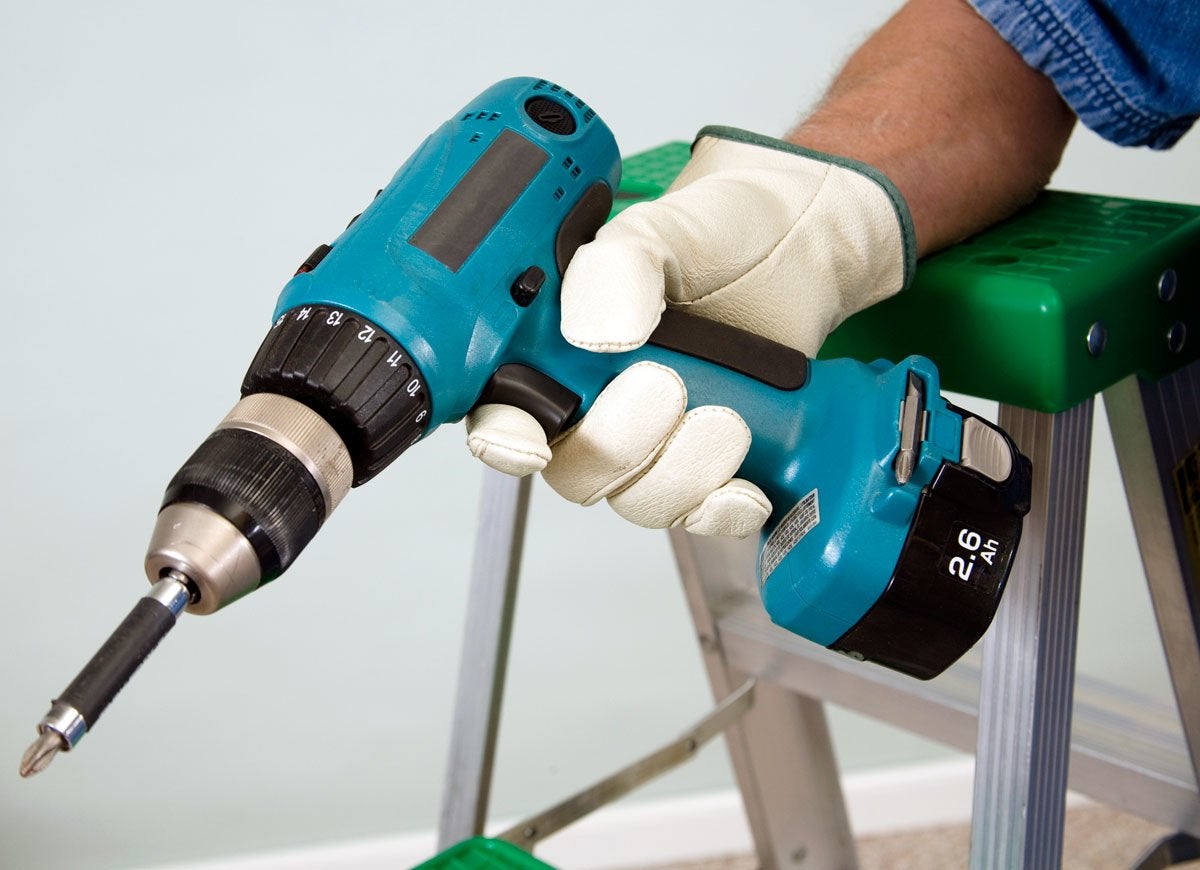
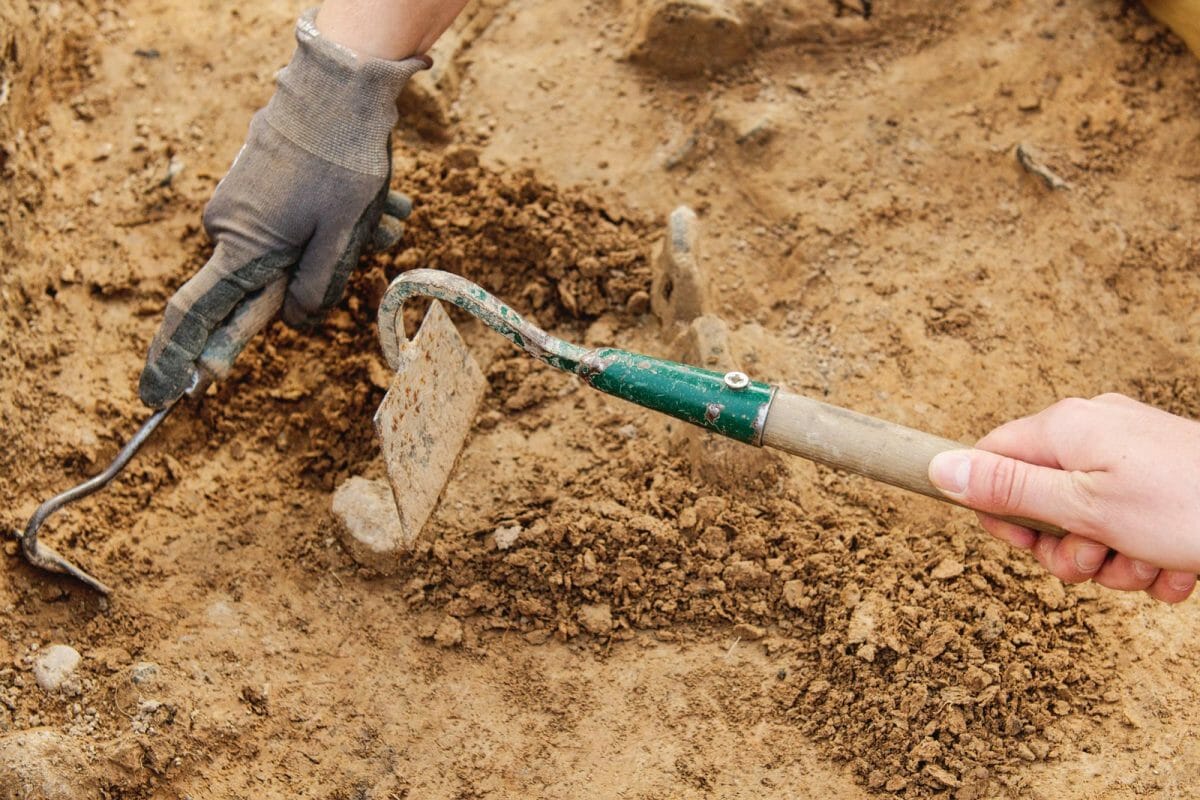
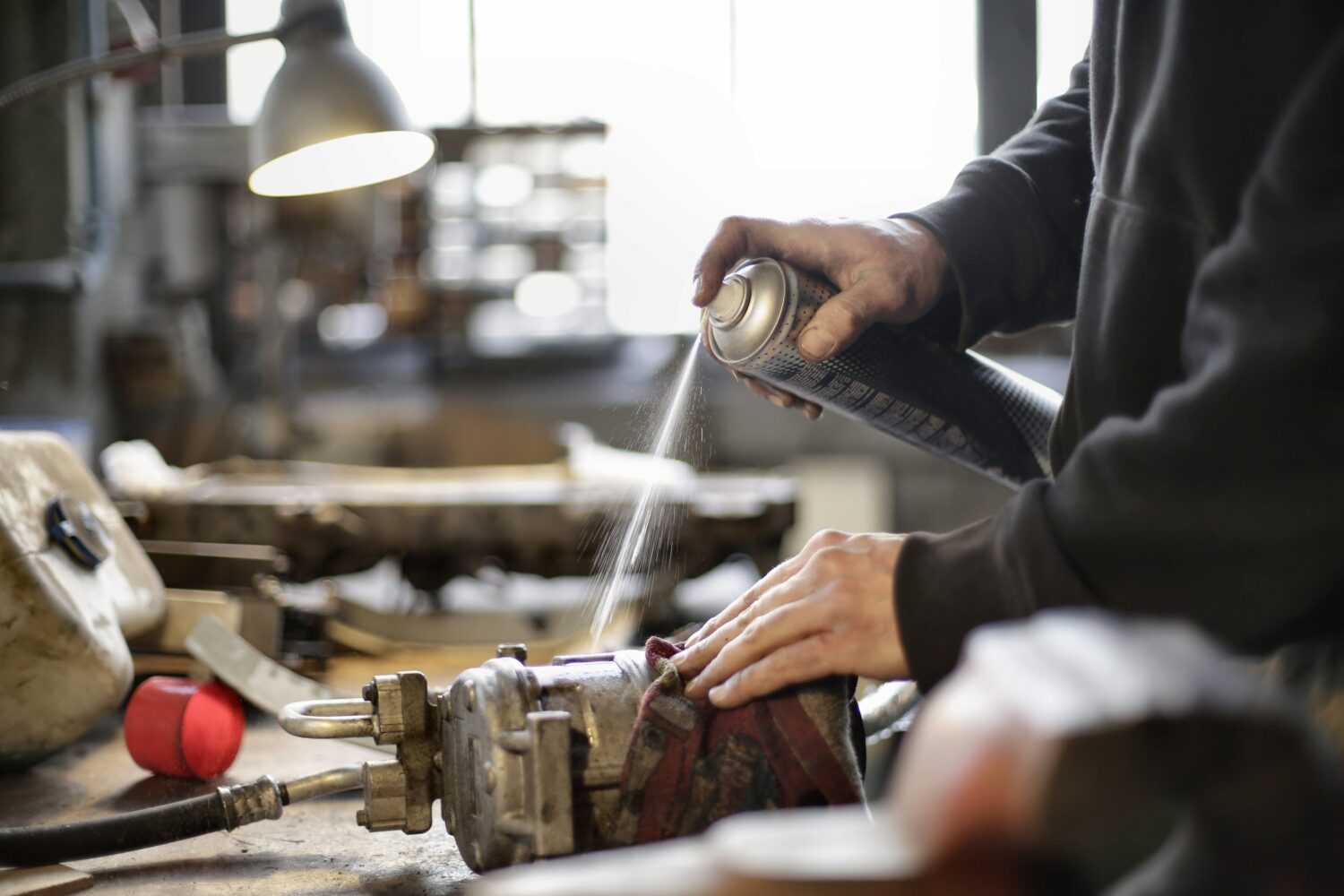
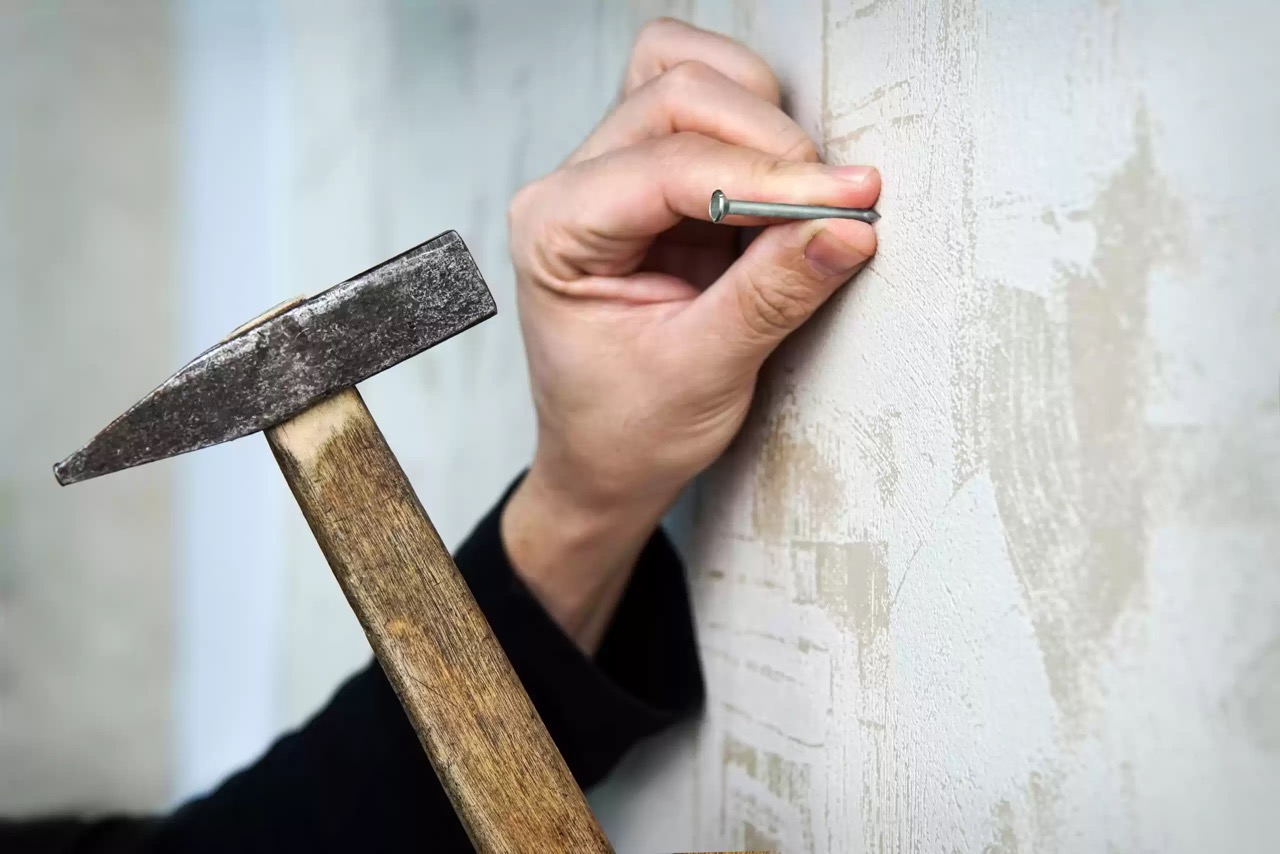

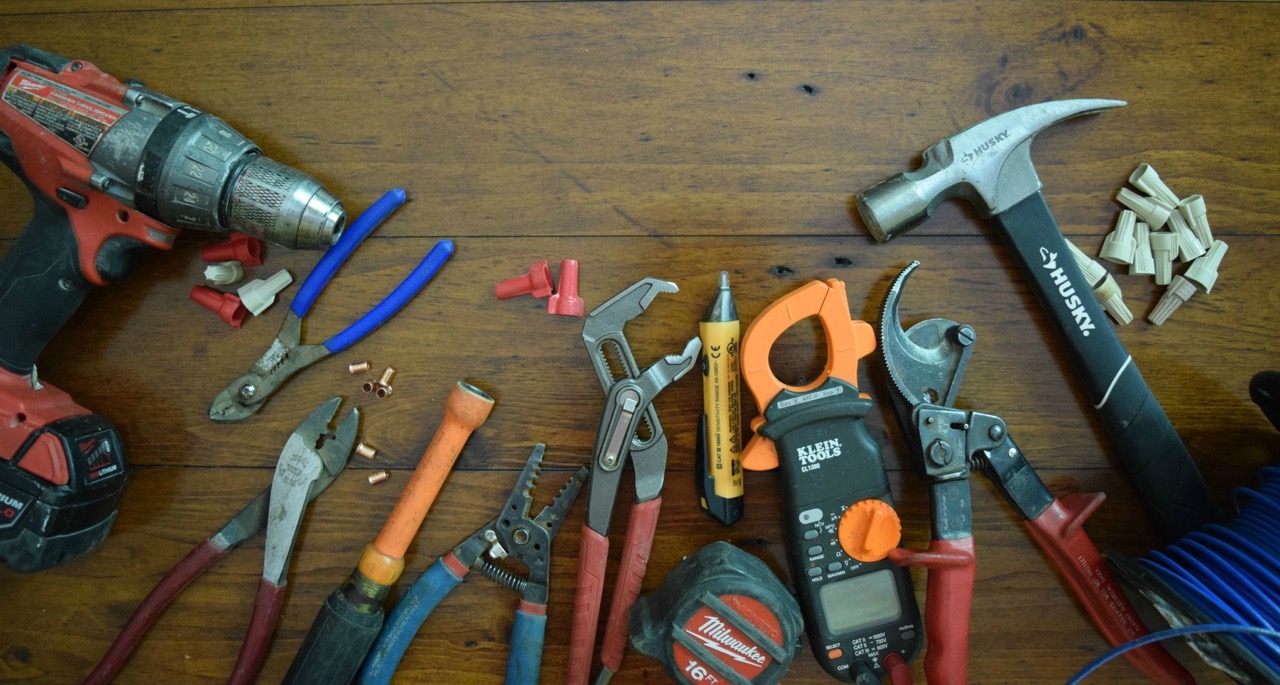
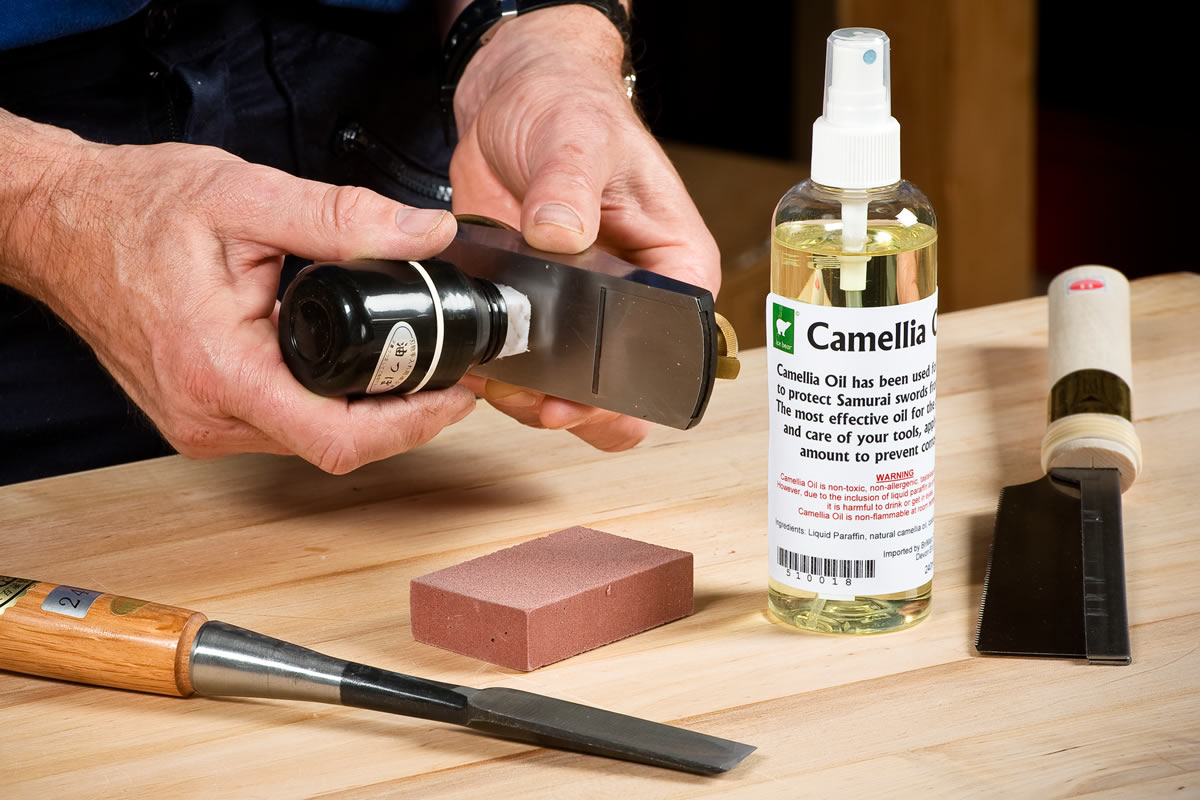
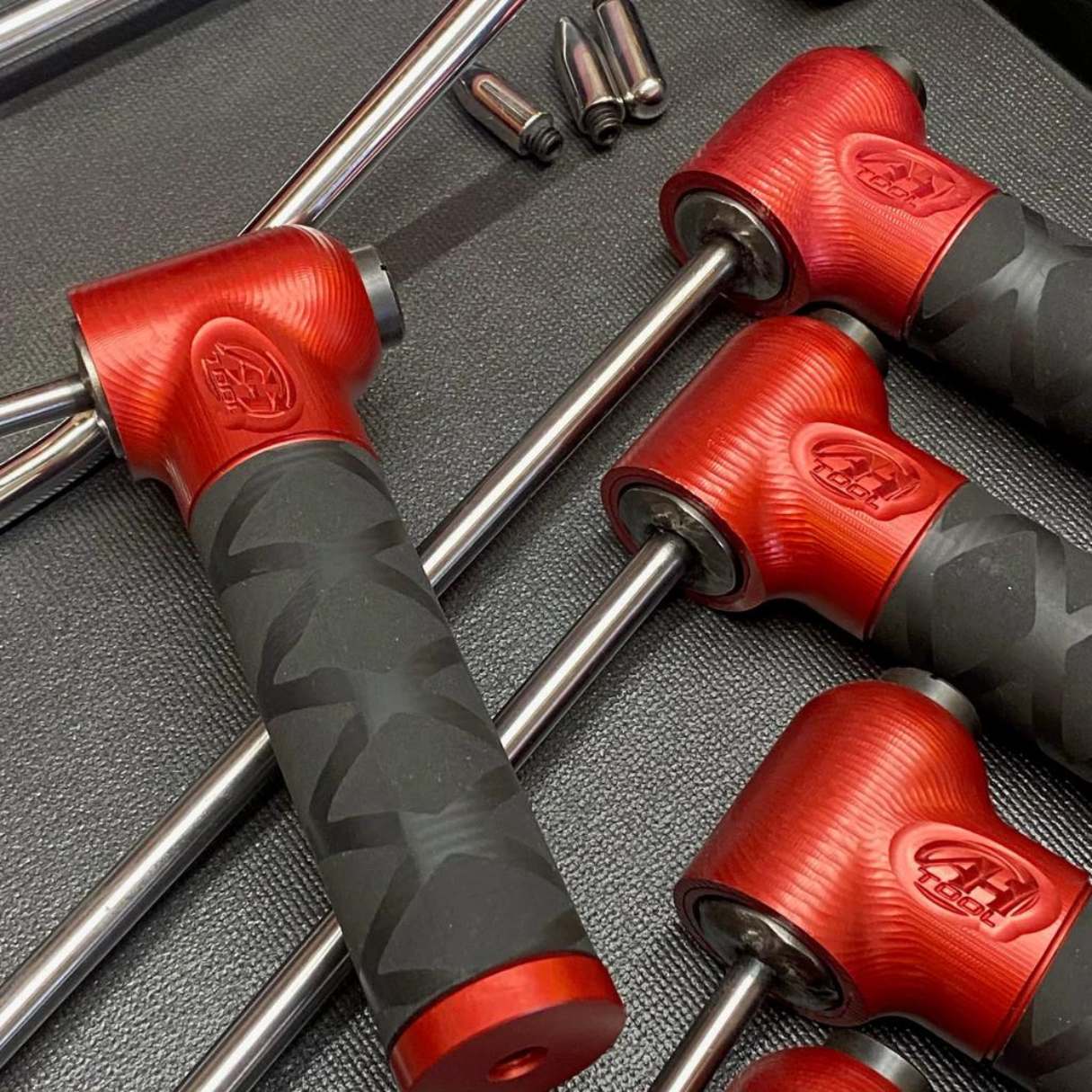

0 thoughts on “What Hand Tools Do Farmers Use”